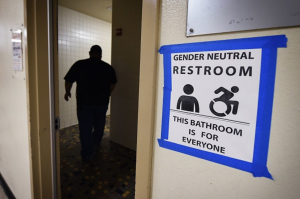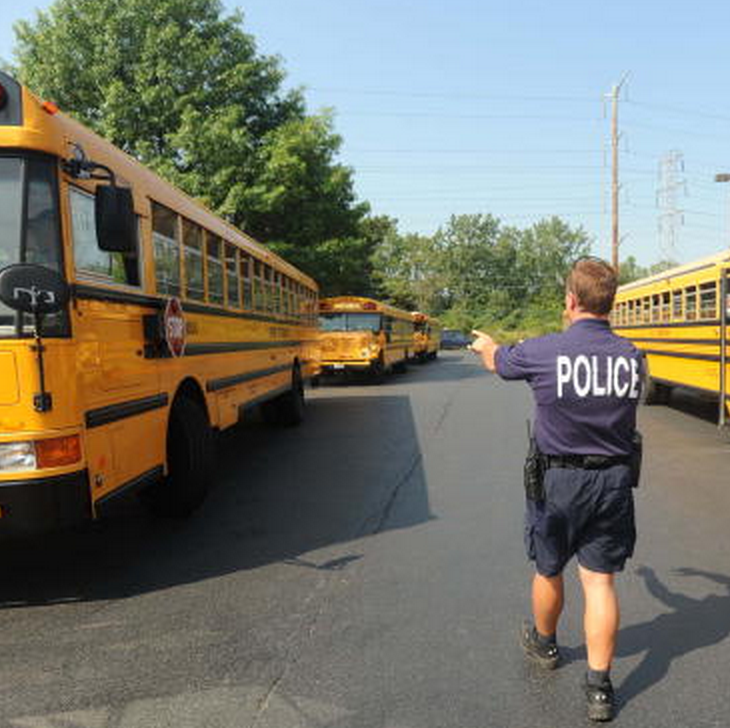
This morning Chuck Todd and Joe Scarborough got into an on-air scrap over Robert Bergdahl, Bowe Bergdahl’s father. Scarborough criticized the elder Bergdahl’s dialogue with jihadists and his failure to admonish his son to stay on the line of battle rather than desert. Todd rather indignantly replied with the standard defense that one can’t judge a parent under extreme duress. The entire exchange is below:
Todd’s view is a popular one — and oft-repeated. We frequently give people who are under ultimate stress a pass for their outbursts and bad judgment. But should we?
Our moral obligations do not cease when we are under the most extreme forms of pressure. In fact, that is arguably when our moral commitments matter most. C. S. Lewis described courage as “not simply one of the virtues, but the form of every virtue at its testing point.” In other words, we don’t even know if we possess a virtue unless that virtue is tested.
Moreover, by giving a pass to moral failure under pressure, we make future failure more likely. People, in times of crisis, will often be as indulgent as their community (their family, their church, their friends, etc.) allows them to be, and if we suspend moral judgment, then they’re more likely to grow increasingly base and self-centered.
In the crucible of combat we demand — upon pain of punishment — that men and women demonstrate the virtues of loyalty, steadfastness, judgment, integrity, and courage. While we understand that failure can and will occur, we do not condone it, and if we did condone failure, then our Army would melt away into a uniformed rabble, hardly worthy of a great nation. Failures may be understandable, but that does not render them justifiable.
We must maintain moral standards — even for those facing life’s ultimate tests. At the same time, however, we must do so with the utmost humility — drained of all self-righteousness. There are few of us who know exactly how we will react to any given test unless we’ve endured that challenge or challenges sufficiently similar. Military history is littered with examples of soldiers whose bravado and bravery vanished at the first sound of hostile fire. I’ve known parents and husbands and wives who’ve crumbled when facing the very challenges they critiqued others for failing.
My own obligation is to diligently seek to know what’s right, strive to do it even — especially — when times are most difficult, and pray fervently for the necessary grace to accomplish God’s purpose. I know my strength alone is insufficient for any great task.
I’m reminded of the Apostle Paul’s admonition that we obey our Savior and work out our salvation with “fear and trembling.” Why? Because we cannot depend on ourselves: “For it is God who works in you to will and to act in order to fulfill his good purpose.”
We must ask even the fearful and grieving to maintain their integrity and moral courage. But we must render aid to the fearful and grieving to the best of our abilities, demonstrate compassion in the event of failure, and humbly acknowledge that untested courage is merely an aspiration — and not courage at all.
Read more on the Patheos Faith and Family Channel and follow David on Twitter.
Also read:
Why So Many Soldiers are Angry at the Bergdahl Deal
The Difference Between Rescue and Ransom









